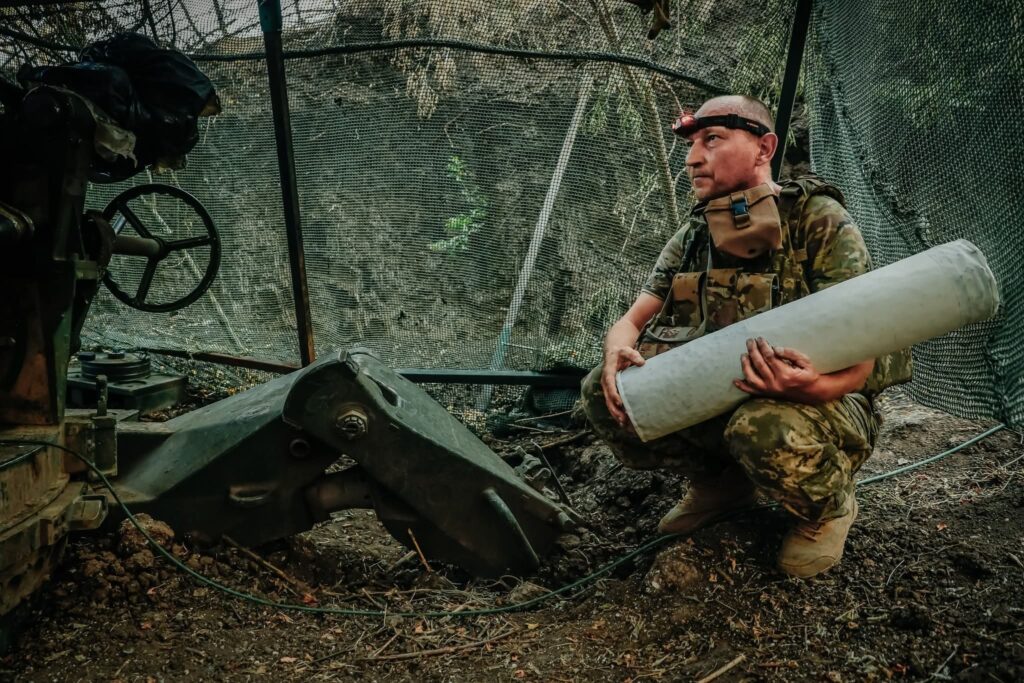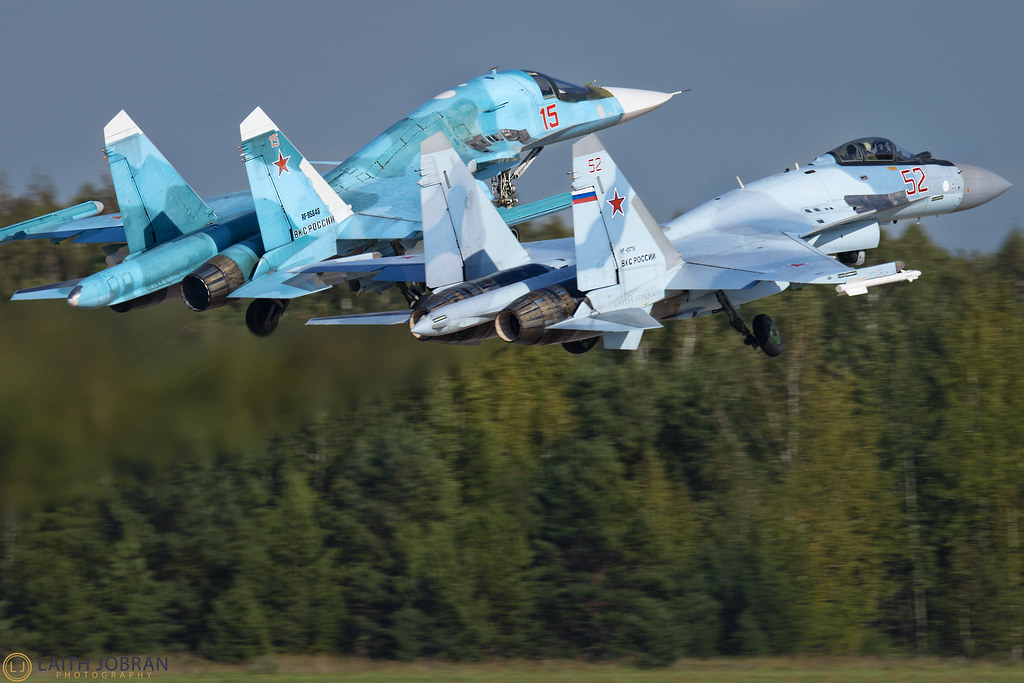Ukrainian civilians pay price after Trump’s Alaska summit with Putin, while US offers no aid to Kyiv

Russian President Vladimir Putin believes that military escalation will compel Ukraine to accept his terms, while US President Donald Trump is unlikely to strengthen Kyiv’s defense, according to Bloomberg.
Sources close to the Russian authorities said that during the Anchorage meeting, Putin concluded that the US does not plan active intervention. This prompted the Kremlin to intensify attacks on military and civilian targets in Ukraine and continue strikes on energy infrastructure.
According to the UN, Russia has already killed 14,000 civilians in the war, with additional losses in Mariupol potentially reaching 100,000 civilians.
Escalation as a pressure strategy
In the month following the talks, the number of drone and missile attacks increased by approximately 46%, according to Bloomberg, based on data from the Ukrainian Air Force. On 16 September, Ukrainian President Volodymyr Zelenskyy reported that since the beginning of September, Russia had launched 3,500 drones of various types, nearly 190 missiles, and over 2,500 bombs.
These included some of the largest missile and drone strikes since the full-scale invasion in February 2022, damaging government and residential buildings in Kyiv and Ukraine’s second-largest city, Kharkiv.
This clearly indicates that Putin does not want to end the war against Ukraine. British MI6 Chief Richard Moore also confirmed this, saying that he sees “no evidence” of the Kremlin seeking peace talks or a settlement in Ukraine. He emphasized that the Russian president shows no interest in negotiations that do not involve Ukraine’s capitulation.
Conclusion: The Kremlin continues escalation
Despite the increase in airstrikes, Russia’s territorial advance has slowed, even with intensified pressure along the front lines. Russia redeployed 100,000 soldiers to attack Pokrovsk, a Ukrainian stronghold in Donetsk, yet Zelenskyy reported that Ukrainian forces managed to retake some territory in Donetsk.
“Russia’s summer 2025 offensive failed to secure control over any targeted cities in eastern Ukraine,” said Alex Kokcharov, a geoeconomics analyst at Bloomberg Economics.
Putin plans new victories before winter
The Russian president will continue participating in any ongoing dialogue with the US, but will act according to his own strategy.
“Putin seeks to achieve some visible victories by winter, but he is failing on the battlefield so far,” said Nikolai Petrov, a senior research fellow at the New Eurasian Strategies Centre.
He says that that’s why “Putin turns to nuclear blackmail and psychological pressure, including mass bombardments.”
